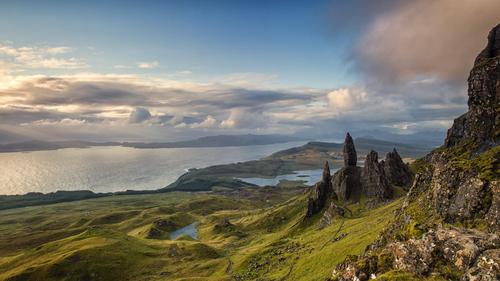Music and dance are an integral part of traditional cultures around the world. They serve as a means of expressing identity, celebrating significant events, and passing on cultural knowledge to younger generations. From the melodic chants of indigenous tribes to the lively rhythms of African dances, music and dance play crucial roles in showcasing the uniqueness and beauty of our diverse cultural heritage.
In many traditional societies, music and dance are used to connect to the spiritual and supernatural realms. For instance, in some African cultures, drumming and dancing are not just mere forms of entertainment but rather means of summoning spirits, honoring ancestors and reaching out to the Divine. Similarly, among Native American tribes, music and dance are seen as ways of entering into a state of spiritual ecstasy and connecting with the spirits of nature.
Music and dance also serve as a means of bringing people together. Communities have long enjoyed traditional dances as opportunities for socialization, bonding and celebrating their shared cultural heritage. Whether it is the Pizzica dance in Southern Italy, the Hula dance in Hawaii or the Flamenco dance in Spain, music and dance are celebrated as important aspects of community life.
Furthermore, music and dance have been used as a form of protest and resistance in various cultures. In South Africa, during the Apartheid regime, black communities used music and dance as a means of preserving their cultural identities and protesting against the oppressive system. Similarly, in Latin America, the Cumbia dance emerged as a form of resistance against colonialism and discrimination.
In conclusion, the role of music and dance in traditional cultures cannot be overstated. Music and dance are more than just forms of entertainment; they are powerful expressions of cultural identity and traditions. They are paths to spiritual ecstasy, means of bringing people together, forms of protest and resistance, and they help tell the stories of our past, present and future. It is important to recognize and celebrate the role that music and dance play in traditional cultures around the world, as they are powerful tools for preserving and showcasing the beauty and richness of these cultures.
(Note: Do you have knowledge or insights to share? Unlock new opportunities and expand your reach by joining our authors team. Click Registration to join us and share your expertise with our readers.)
Speech tips:
Please note that any statements involving politics will not be approved.
